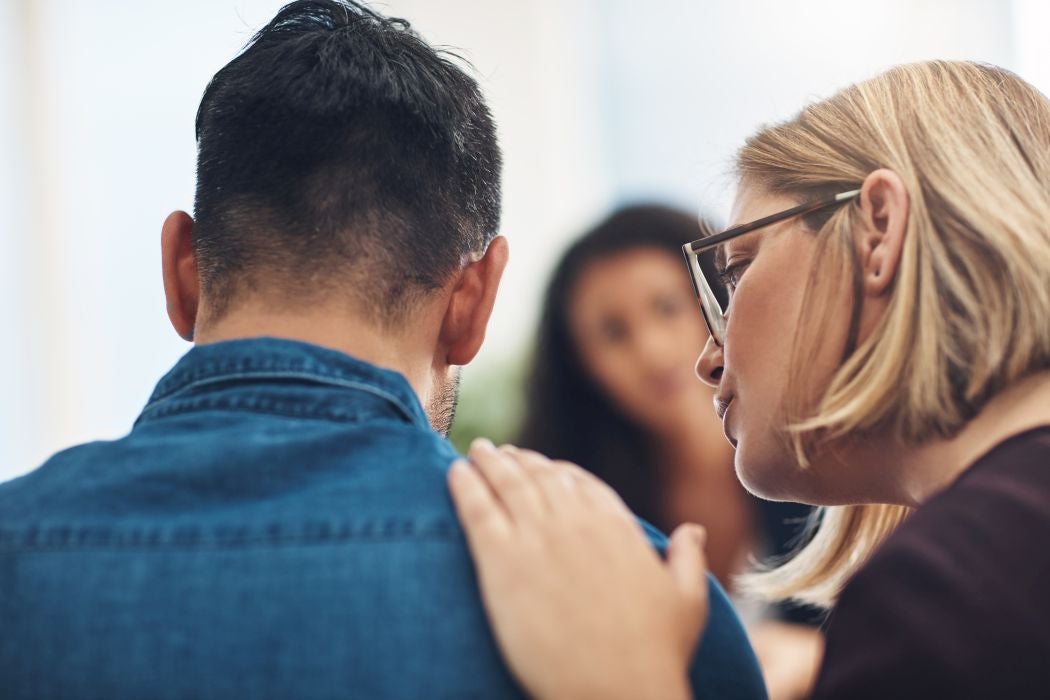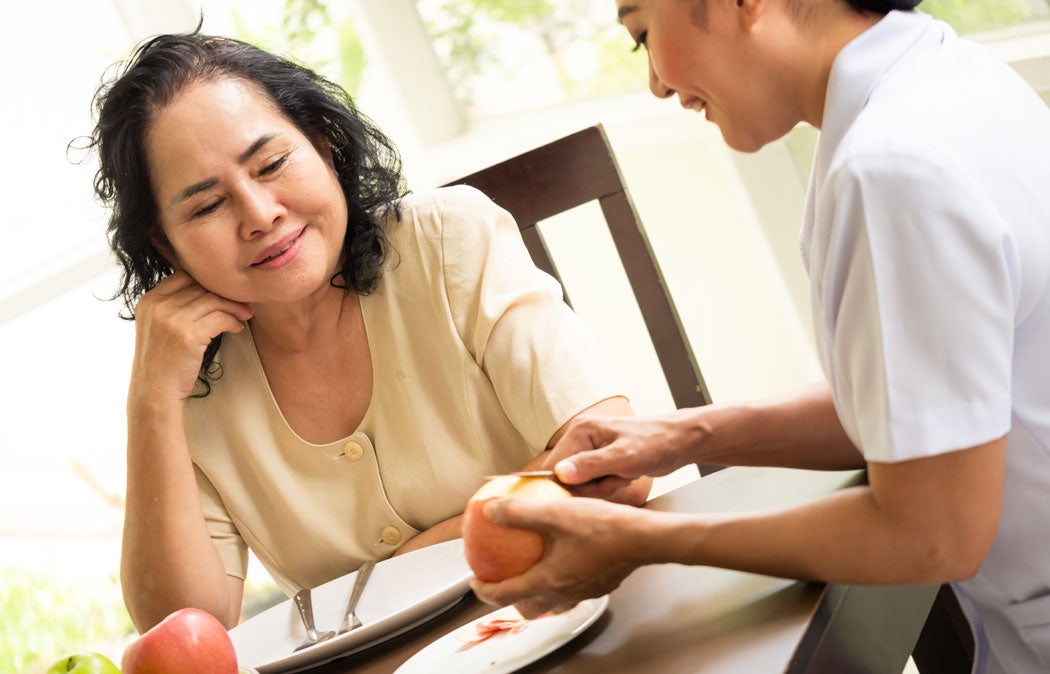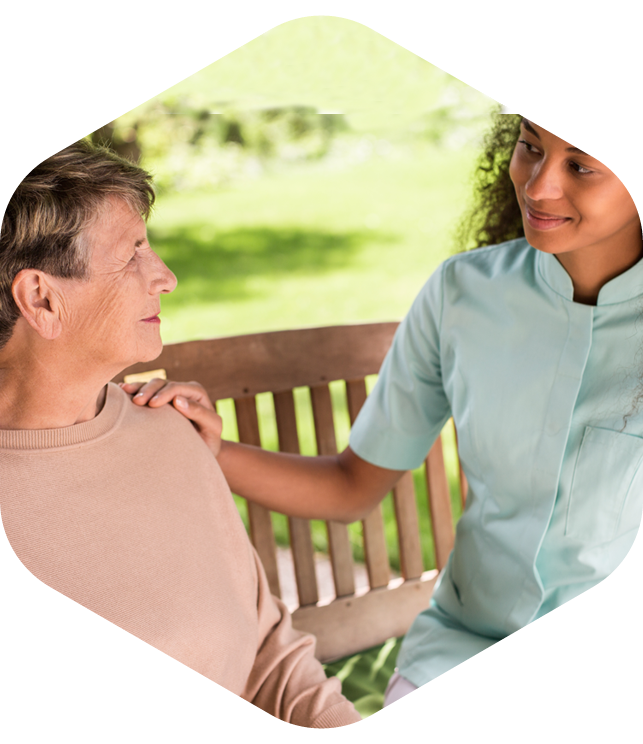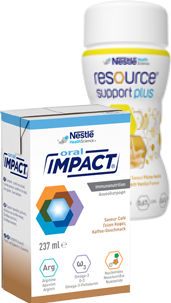The Cancer Diagnosis’ Psychological Impact
Anxiety, irritability, apathy, sadness, and depression are common feelings amongst cancer patients.1

No matter the stage, every patient goes through some level of suffering after being diagnosed with cancer. Both for the possible outcomes in short and long terms, and also for the treatment. Sometimes, the suffering is so intense that it needs to be treated2 and that’s okay.
Psycho-oncology was created for this very reason and was formally established in 1975. Its goal is to help patients understand their health and what’s happening right now on their lives, and offer support while they develop strategies to cope with cancer. It also aims to provide psychological assistance to their families regarding the disease.1
The cancer diagnosis’ impact on patients
A cancer diagnosis is a life-changing situation. In an attempt to limit the negative effects, people may come up with different ways of coping.2
They often react by seeking information about the disease or going into denial. It’s also common for people to turn to spirituality and religion for support throughout their journey.2 The most common emotional repercussions are:3
Adjustment disorder - It’s common to develop a series of symptoms and behaviors that can greatly impair one’s ability to function, that is, performing day-to-day tasks which allow them to be independent. Examples of these symptoms are: anxiety, depression, behavioral change (such as hostility) and social isolation.
Clinical depression - A diagnosis can be based on only one symptom or a set of them, such as: lack of joy and interest in daily activities, apathy, decline in rational thinking, fatigue and exhaustion, changes in sleep and appetite, lower libido and social isolation.
Anxiety disorder - That’s when someone is constantly anxious for months, which interferes on their daily activities and can seriously compromise their quality of life.
The cancer diagnosis’ impact on families
Patients are not the only ones who might develop anxiety and fear after the diagnosis. Their families are also affected and they can go through serious behavioral changes, displaying emotions such as anger, tension, anxiety, disbelief, and denial, which can last for a long time.4
These changes require a family restructuring process at each cancer stage, so people can adjust to the new reality.4 That’s because, as well as also being directly impacted by the disease, family members influence the patient’s treatment too. Therefore, it is important and recommended that the patients’ families also get psychological follow-up.5
References:
1 - Psychology Logbooks - Times in Cancer Hospital - Number 3 (“Cadernos de Psicologia, Os Tempos no hospital Oncológico, Número 3”). BRAZILIAN MINISTRY OF HEALTH, INCA: José Alencar Gomes da Silva National Cancer Institute (“Instituto Nacional de Câncer José Alencar Gomes da Silva”). Available at: http://bvsms.saude.gov.br/bvs/publicacoes/cadernos_psicologia_tempos_hospital_oncologico.pdf. Access on: October/2019.
2 - Riba MB et al. Distress Management, Version 3.2019, NCCN Clinical Practice Guidelines in Oncology. Available at: https://jnccn.org/view/journals/jnccn/17/10/article-p1229.xml. Access on: October/2019.
3 - Cruz N. Common Emotional Manifestations in Cancer Patients (“Manifestações Emocionais Comuns no Paciente com Câncer”). Available at: http://abrale.org.br/manifestacoes-emocionais-comuns-no-paciente-com-cancer. Access on: October/2019.
4 - Dossena DT, Zacharias DG. The Impact of a Cancer Diagnosis on Family Context: Psycho-oncology’s Role (“Impacto do Diagnóstico Oncológico no Meio Familiar: O Papel da Psico-oncologia”). Available at: https://online.unisc.br/acadnet/anais/index.php/jornada_psicologia/article/view/17632/4510. Access on: October/2019.
5 - Farinhas GV et al. Psychological impact of a cancer diagnosis on the family: a case study on the perception of the caregiver (“Impacto Psicológico do Diagnóstico de Câncer na Família: Um Estudo de Caso a Partir da Percepção do Cuidador”). Available at: http://pepsic.bvsalud.org/scielo.php?script=sci_arttext&pid=S1679-494X2013000200009. Access on: October/2019.
Know more about the subject

What Does Cancer Nausea Feel Like? Causes, Remedies, and How to Cope
If you have recently received a cancer diagnosis or are undergoing cancer treatment, you may often feel nauseated or even vomit.

Managing taste changes during cancer treatment: what can you do?
Managing taste changes during cancer treatment can be challenging for both patients and caregivers.

When A Cancer Patient Stops Eating: Advice for Caregivers
While chemotherapy is a leading treatment for cancer, it can cause many difficult and often unpleasant side effects that often affect a person’s day-to-day life1. Loss of appetite and eating problems are common side effects that many people with cancer face, caused by both cancer and its treatment1.
A Guide To Cancer Diets: Battling Cancer With Nutrition
Eating a healthy, balanced diet helps give your body the nutrients, calories, and strength it requires to fight off diseases.

How Social Support Networks Can Help People with Cancer
The stronger the social support network’s connection is, the more significant is its help.1

How is the Nutritional Recovery of Cancer Patients Carried out?
Nutritional recovery aims to prevent and treat malnutrition, boost the immune system, speed up recovery after surgeries, reduce hospital length of stay and improve response to cancer treatment in general.1,2 Learn about the stages of nutritional recovery.



